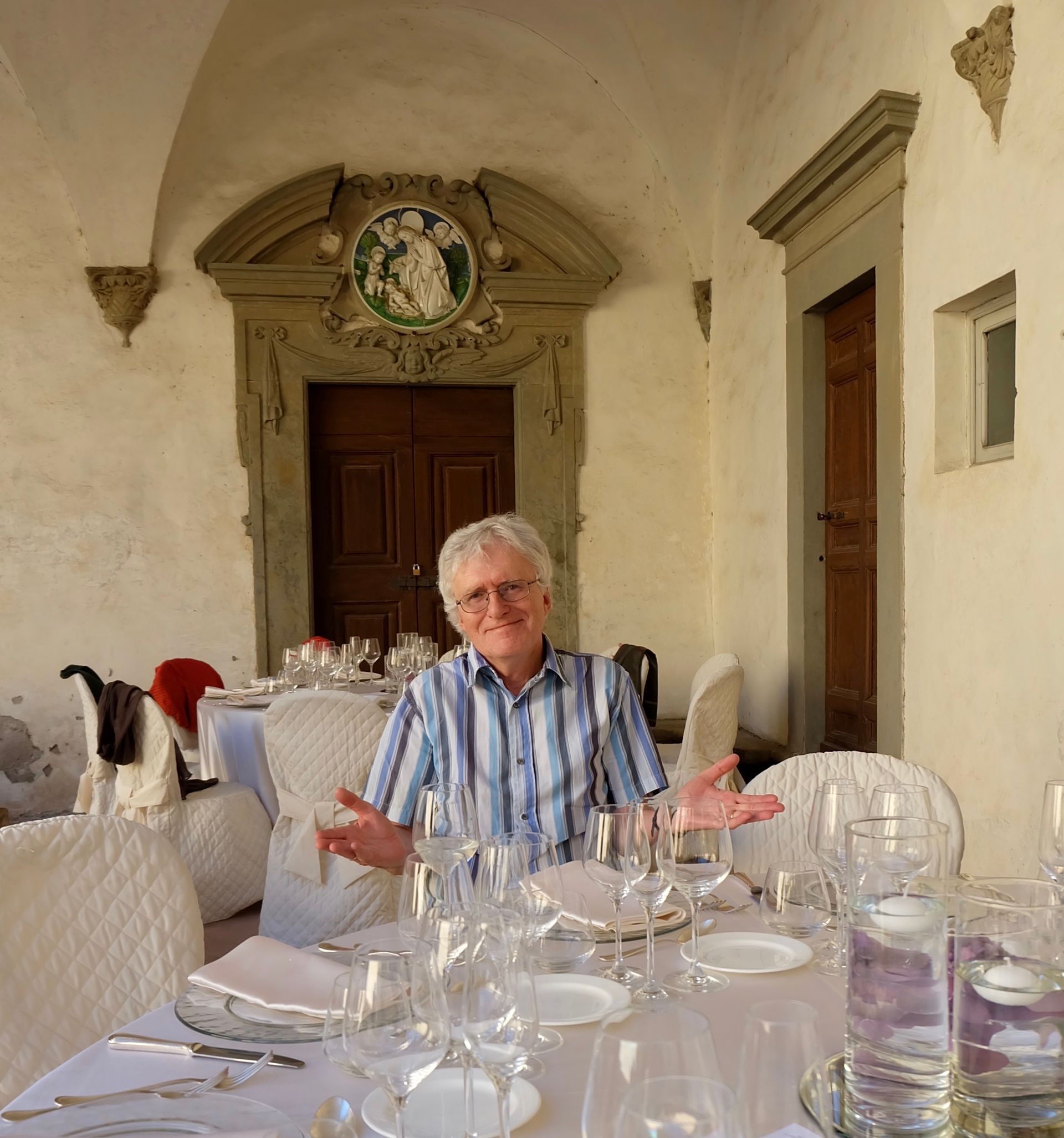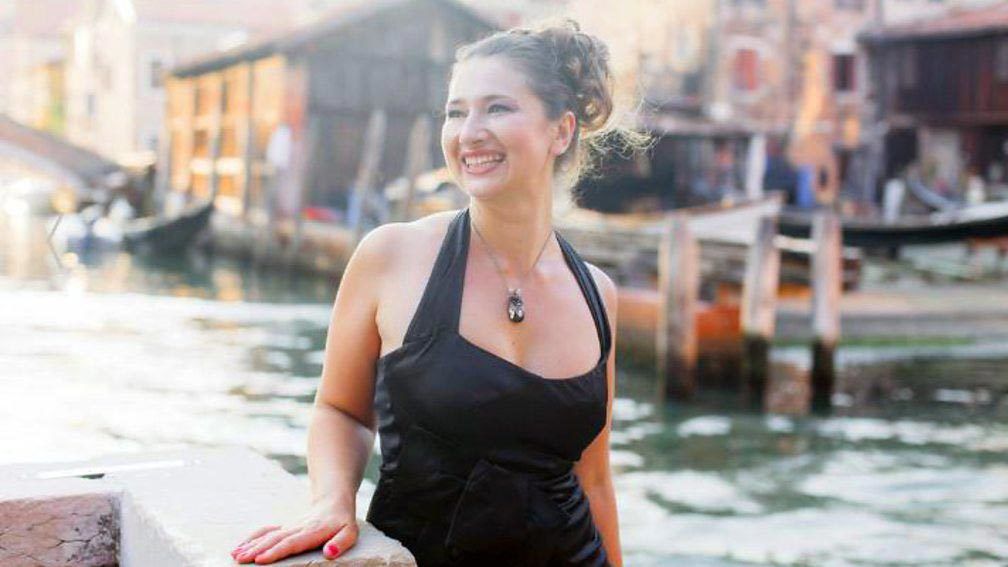A Venetian-based Soprano makes her (virtual) Melbourne debut
Anna Sanachina, by a canal in Venice, Credit: Diana Litvinova
For twenty years I have been teaching first year students at the University of Melbourne about the Black Death and its social, cultural, economic and political knock-on effects. In these two decades I have been struck consistently by the continuing relevance of this most gruesome and visceral of topics, but never more so than in this present iteration of my subject. Whilst in previous years I have made comparisons with AIDS, SARS, H1N1, Ebola – the list goes on – never before have students had a virus affect them all personally and dramatically. As students read the vivid accounts of Giovanni Boccaccio, Marchionne di Coppo Stefani and Agnolo di Tura of an Italy in crisis in 1348, their nightly news showed them the unfolding horror in Bergamo and nearby towns in 2020.
The point was brought home even more forcefully when the very week in which I had to talk about the Black Death, our University suspended all face-to-face classes and notified us that there were three confirmed cases on campus. And so I sat at home, preparing to record the lecture in which I recount the contingent fragility of civil life and the multiple ways in which this broke down in 1348, and I spliced a depressing succession of images from 1348 with current examples.
Taking a break from the task, my social media feed showed me instead the glorious Russian-born soprano Anna Sanachina singing a prayer to her adopted city from her Venetian window. On the bridge below stood an audience of two – transfixed, whilst scrupulously observing Social Distancing protocols.
Although we have seen a succession of moving clips of Italians singing from their balconies in recent days, all of which provide the most poignant of reminders that even midst extreme crisis civil society does not always break down, Anna’s voice was a singular one. I asked Anna whether I could show the video of her singing to my students. She generously agreed but told me to emphasise to the students the words of her chosen aria, ‘La mamma morta’ sung by the character Maddalena de Coigny in Act 3 of Umberto Giordano’s 1896 opera
Andrea Chénier, in particular its final four lines:
Tu non sei sola!
Le lacrime tue io le raccolgo!
Io sto sul tuo cammino e ti sorreggo!
Sorridi e spera! Io son l’amore!
You are not alone.
I collect all your tears.
I walk with you and support you!
Smile and hope! I am Love!
In subsequent days, Anna has continued to sing her glorious sonic prayers and she has gained an increasing worldwide audience. The BBC interviewed her and then, most stunningly of all, a video montage by Andrea Rizzo, shot in black and white, of an exquisitely beautiful yet eerily deserted Venice in these days of lockdown, concludes in vivid technicolour with Anna singing her prayer (see 2’33”) as the camera scans across a city swathed in banners declaring ‘Andrà tutto bene’ – ‘All shall be well’.









